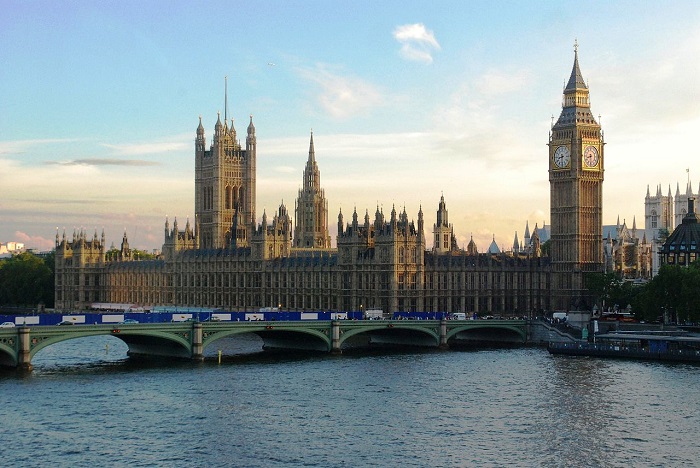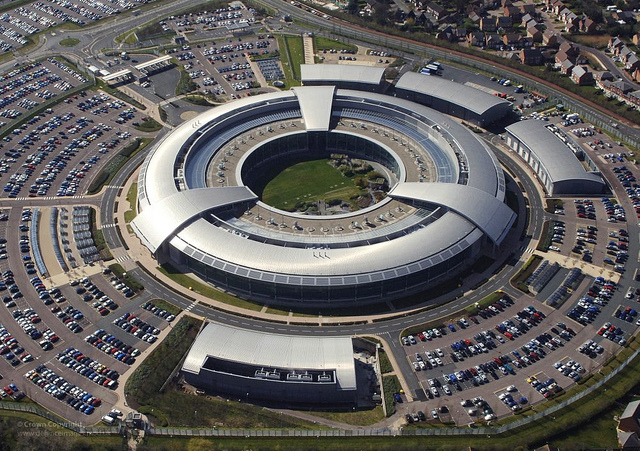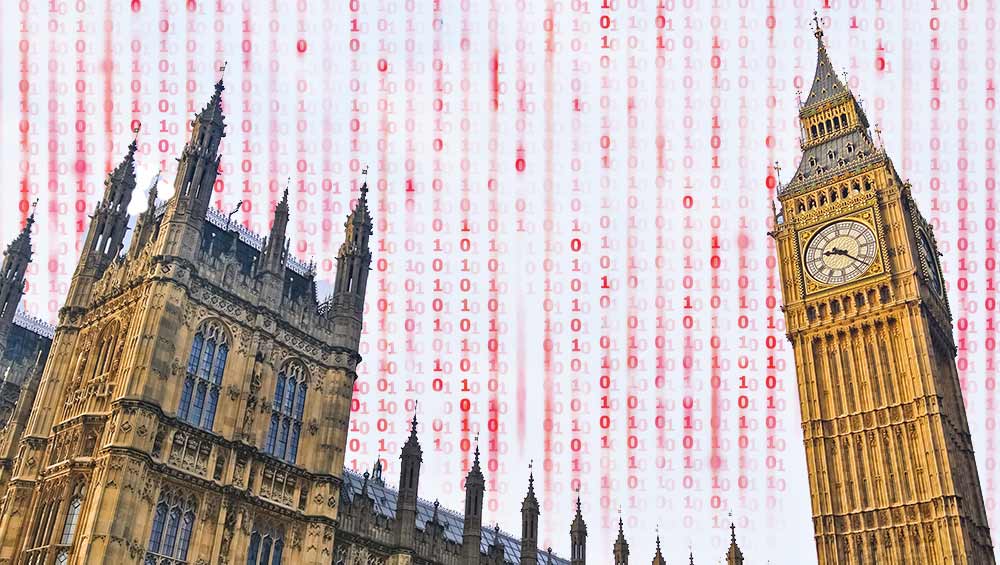Snooper’s Charter fails to protect privacy, warn MPs
Intelligence and Security Committee criticises Investigatory Powers Bill


The Investigatory Powers Bill would fail to protect UK citizens from mass surveillance, according to a Parliamentary committee's damning report on the government's proposed new law.
The Intelligence and Security Committee (ISC) today demanded "substantive amendments" to the bill, also known as the Snooper's Charter.
If passed in its current guise, the bill would see internet service providers forced to store people's internet connection records (ICRs) for 12 months, while security products would have compulsory backdoors built in for government spies to access data.
MPs and peers on the committee claimed that those behind the legislation appeared not to know what the bill is meant to achieve.
"Overall, the privacy protections are inconsistent and in our view need strengthening," said the report, adding that the bill itself was a "significant missed opportunity" and took a "piecemeal" approach to protecting privacy.
The committee said that privacy should be "an integral part of the legislation rather than an add-on".
It added that checks and balances must be set up to oversee security services' powers to collect bulk data from internet users.
Get the ITPro daily newsletter
Sign up today and you will receive a free copy of our Future Focus 2025 report - the leading guidance on AI, cybersecurity and other IT challenges as per 700+ senior executives
The report also focused on rules that force companies to build backdoors into encrypted services, saying the bill was unclear on how warrants to access the backdoors might work, and that the committee was "not convinced as to the requirement for them".
Dominic Grieve, the Conservative chairman of the ISC, said: "Taken as a whole, the draft bill fails to deliver the clarity that is so badly needed in this area."
"The issues under consideration are undoubtedly complex, however, it has been evident that even those working on the legislation have not always been clear as to what the provisions are intended to achieve."
He added: "The draft bill appears to have suffered from a lack of sufficient time and preparation."
Antony Walker, deputy CEO of industry trade body techUK, said that the bill lacks clarity on fundamental issues, such as core definitions of key terms, encryption, and equipment interference.
"Our members are unsure exactly what is meant by internet connection records (ICRs), how they will be gathered, stored and accessed. This kind of detail is crucial to understanding the impact of the proposed bill," he said.
Walker said anything that forces companies to create or allow vulnerabilities in their systems is a huge concern and could damage public trust and have a direct impact on global perception of the UK as a home for innovation and investment.
"These concerns are reinforced by the ISC report, which calls for clarity on the effect on end to end encryption, and we urge the Home Office to take its findings on board," he added.
Rene Millman is a freelance writer and broadcaster who covers cybersecurity, AI, IoT, and the cloud. He also works as a contributing analyst at GigaOm and has previously worked as an analyst for Gartner covering the infrastructure market. He has made numerous television appearances to give his views and expertise on technology trends and companies that affect and shape our lives. You can follow Rene Millman on Twitter.
-
 Bigger salaries, more burnout: Is the CISO role in crisis?
Bigger salaries, more burnout: Is the CISO role in crisis?In-depth CISOs are more stressed than ever before – but why is this and what can be done?
By Kate O'Flaherty Published
-
 Cheap cyber crime kits can be bought on the dark web for less than $25
Cheap cyber crime kits can be bought on the dark web for less than $25News Research from NordVPN shows phishing kits are now widely available on the dark web and via messaging apps like Telegram, and are often selling for less than $25.
By Emma Woollacott Published
-
 Government 'must be held to account' over illegal Snooper's Charter
Government 'must be held to account' over illegal Snooper's CharterNews Gov should be given until April to make changes to the Investigatory Powers Act, court told
By Dale Walker Published
-
 UK faces challenges to bulk spying in European Court of Human Rights
UK faces challenges to bulk spying in European Court of Human RightsNews Privacy groups argue bulk data collection breaches Article 8 in landmark court case
By Dale Walker Published
-
 Liberty wins right to challenge Snooper’s Charter
Liberty wins right to challenge Snooper’s CharterNews Campaign group's crowdfunded challenge gets High Court go-ahead
By Rene Millman Published
-
 The government needs to abandon its war on WhatsApp
The government needs to abandon its war on WhatsAppOpinion Encryption might seem like an easy target, but mess with it at your peril
By Adam Shepherd Published
-
 “Deeply misguided”: tech industry rejects Rudd’s attack on encryption
“Deeply misguided”: tech industry rejects Rudd’s attack on encryptionAnalysis Experts warn that banning encryption leaves UK open to hackers
By Adam Shepherd Published
-
 The fight against the Investigatory Powers Bill isn't over yet
The fight against the Investigatory Powers Bill isn't over yetOpinion The Snooper's Charter may have been struck down - but it will be back
By Adam Shepherd Published
-
 Investigatory Powers Bill passes through Parliament
Investigatory Powers Bill passes through ParliamentNews Now only Royal Assent is required to enshrine Snooper's Charter in UK law
By Joe Curtis Published
-
 GCHQ, MI5 and MI6 "unlawfully" collected data for over a decade
GCHQ, MI5 and MI6 "unlawfully" collected data for over a decadeNews Tribunal rules GCHQ, MI5 and MI6 surveillance breached Article 8 of the ECHR
By Dale Walker Published